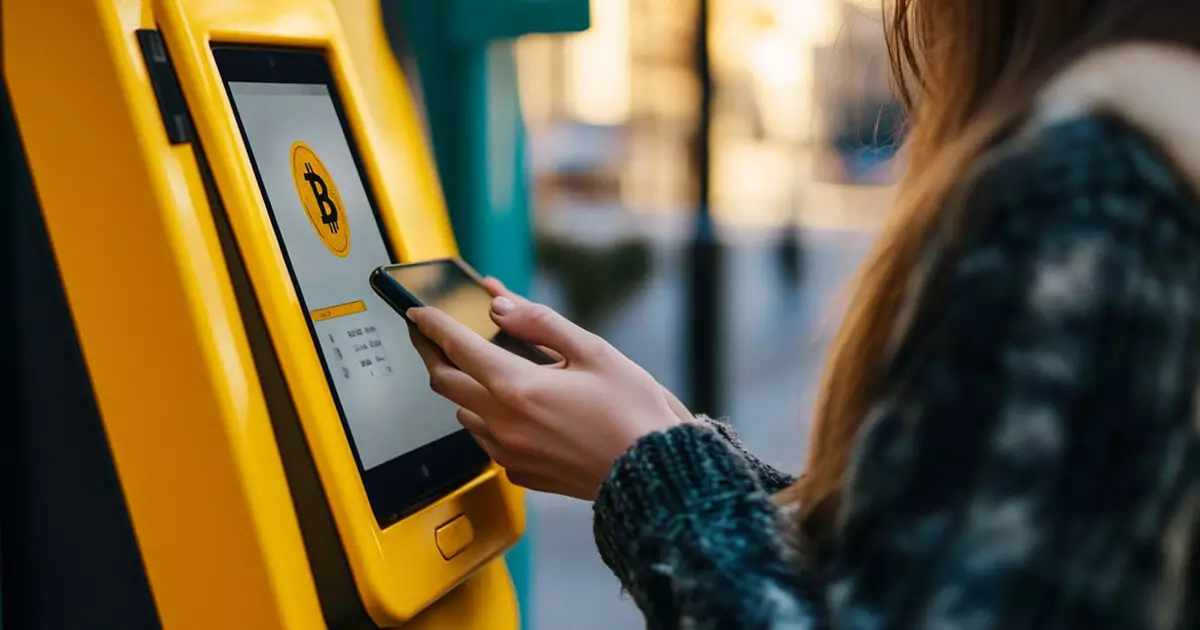North Dakota has made headlines by advancing a legislative measure to clamp down on the wild west of cryptocurrency transactions through ATMs. With a $2,000 daily transaction limit now on the table, the state’s lawmakers are asserting their authority in a space fraught with potential fraud. As the cryptocurrency market swells and becomes increasingly convoluted, the urgent need for stronger oversight is evident. Legislation like House Bill 1447 isn’t merely bureaucratic red tape; it represents a proactive approach to safeguarding ordinary citizens from the pitfalls of this digital frontier.
Mining the Roots of Fraud
Fraud cases associated with crypto ATMs are spiraling, and North Dakota is keenly aware of this reality. The approval of HB 1447 isn’t arbitrary; it’s a strategic response aimed at protecting residents from becoming unwitting victims of fraudulent schemes. You may have heard the phrase “better safe than sorry,” which perfectly encapsulates the spirit of this initiative. The fact that North Dakota has roughly 45 Bitcoin ATMs within its borders is not a trivial matter; these machines are access points into a market that can be precarious at best. By putting the brakes on unchecked transactions, lawmakers are taking a step toward making this technology safer for all.
Elevating Standards with Stricter Guidelines
The legislation sets a new tone by mandating that all crypto ATM operators secure a money transmitter license. This is not just a minor technicality; it’s a significant leap towards establishing a formalized, regulated environment where both operators and users have clear expectations. The bill goes a step further, requiring ATM operators to employ blockchain analytics tools that can identify fraudulent activity—a necessary mechanism in a landscape where shadowy transactions often go unnoticed. By compelling operators to adopt such technologies, North Dakota is leading by example in a field where many are still hesitant to embrace transparency.
User-Friendly Protections and Support
Moreover, the requirements for clear communication are essential. Imagine trying to navigate complex terms and conditions in a language you don’t understand; it’s daunting, if not utterly confusing. HB 1447 amplifies user rights by ensuring that disclosures come in the customer’s preferred language. Additionally, the legislation obligates operators to provide live assistance during specific hours, which acknowledges the need for consumer help during transactions. The presence of a toll-free customer service number further underscores the principle of putting consumers first in an industry that has often neglected their needs.
A Pragmatic Approach to Regulation
While some critics may argue that such limitations impose unnecessary restrictions, the consequences of inadequate regulation can be far worse. The increase from an initial $1,000 limit to $2,000 reflects a balanced consideration—not just a rigidity in oversight but a recognition of user freedom. It encourages responsible transactions while still addressing the underlying issues of fraud and misuse. Legislation like this paves the way for an ecosystem where individuals can engage in cryptocurrency with confidence, rather than fear of looming scams.
By addressing these complex issues head-on, North Dakota is showing other states that it is possible to craft regulations that do not stifle innovation while simultaneously protecting citizens. In a world rapidly becoming reliant on digital currencies, such decisive action is not just timely; it is absolutely essential.
















Leave a Reply